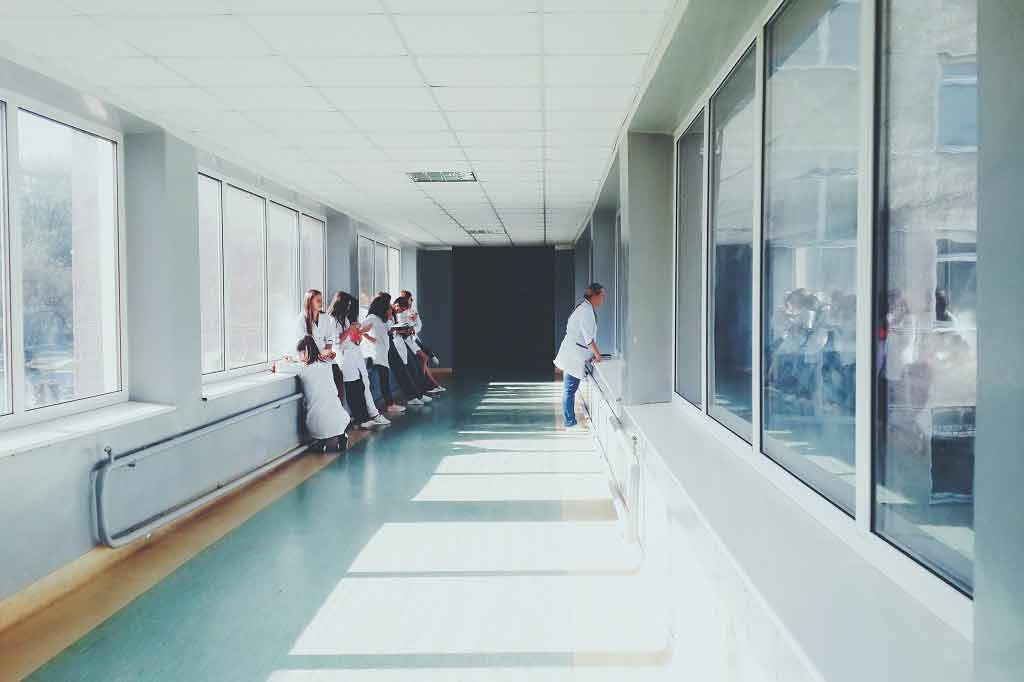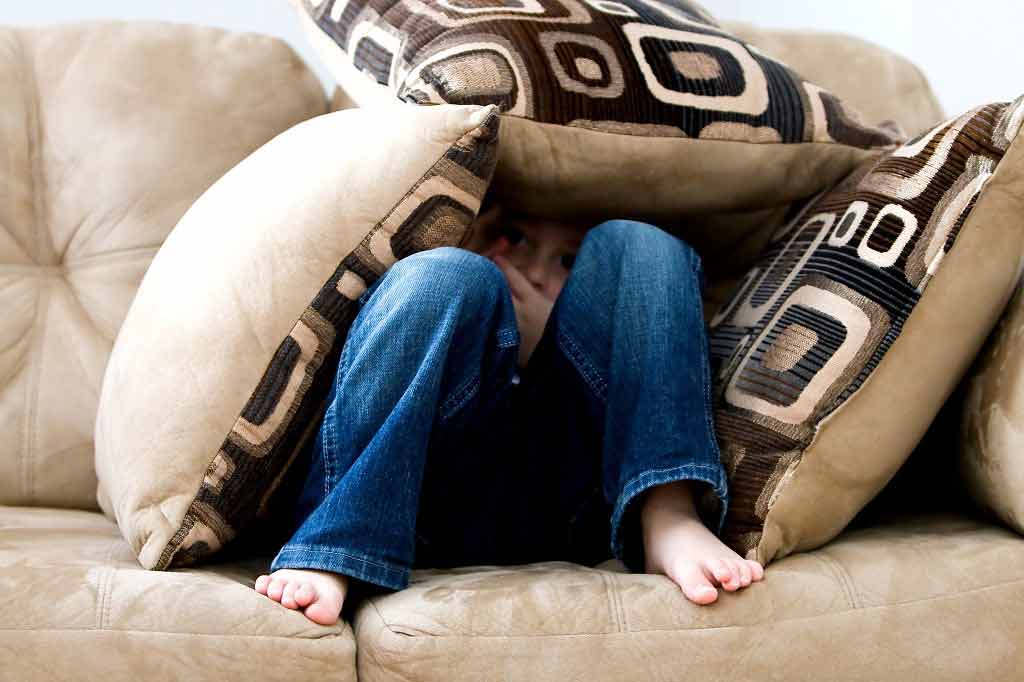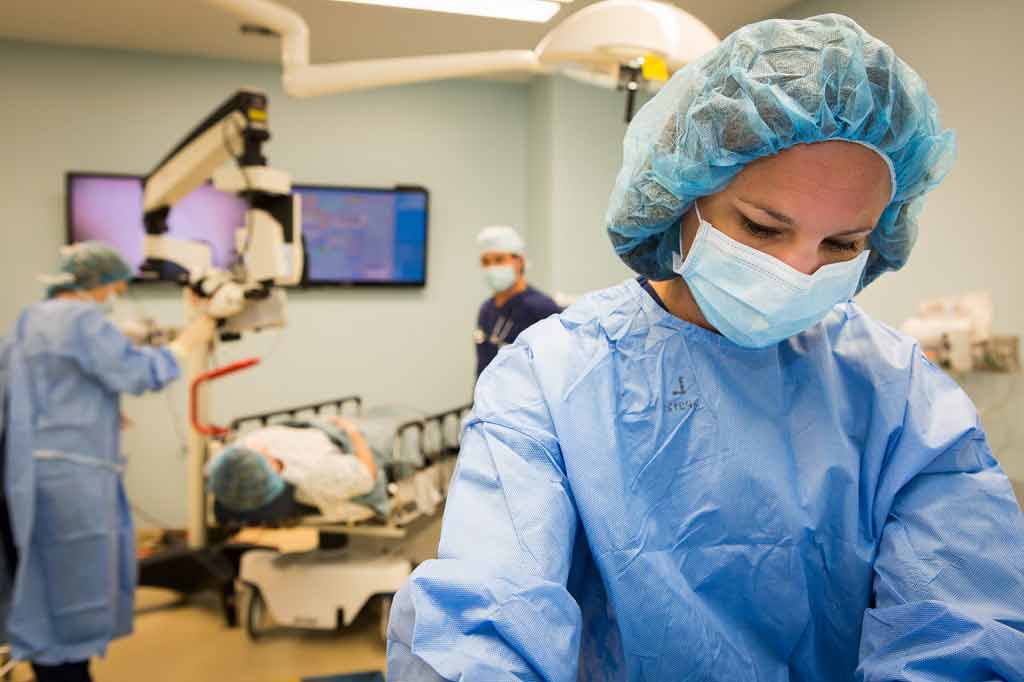Health services 'failing gay and bisexual men'
Medical practice
The NHS is “failing gay and bisexual men”, The Guardian has reported. The newspaper said that the NHS has to confront some “serious issues” in the way it looks after the health of gay and bisexual men...
The NHS is “failing gay and bisexual men”, The Guardian has reported. The newspaper said that the NHS has to confront some “serious issues” in the way it looks after the health of gay and bisexual men.
The news is based on a report by the charity Stonewall, which is thought to be the world’s largest survey on the health of gay and bisexual men. The charity, which campaigns for gay, lesbian and bisexual rights, surveyed almost 6,900 gay and bisexual men across Britain about their health. The survey reveals many troubling statistics, such as gay and bisexual men having greater chances of experiencing depression, self-harming, attempting suicide, drinking heavily, taking illegal drugs or being the victim of domestic abuse. Many men reported that health services tend to focus solely on their sexual health and HIV status, rather than wider aspects of their health and wellbeing.
Stonewall Chief Executive Ben Summerskill, in an accompanying press release, said: “This deeply troubling report provides hard evidence that Britain’s 1.8 million gay and bisexual men are being let down by health services which often see homosexuality and bisexuality purely as sexual health issues. As a result hundreds of thousands of gay and bisexual men are in dire need of better support from health professionals. This landmark report makes a number of recommendations that could help health services improve before more lives are ruined.”
Who conducted the report?
The report was conducted by Stonewall, a charity founded in 1989 that campaigns and lobbies for the rights of lesbians, gay men, and bisexual people. The charity campaigns for the equality, rights and protection of gay, lesbian and bisexual people, and has researched a range of issues such as workplace prejudice, inequalities in the law and social isolation.
The charity also researches and runs campaigns on health and access to care. In 2011, Stonewall asked gay and bisexual men from across Britain to complete a survey about their health. The results have now been published in the new Gay and Bisexual Men’s Health Survey.
What did the report look at?
The report asked gay and bisexual men about both their health and their experiences of receiving medical care, including through the NHS. Stonewall received responses from 6,861 men, reportedly making this the largest survey of gay and bisexual men’s health needs ever conducted.
Of the respondents, 92% said they were gay and 8% said they were bisexual; 85% lived in England, 9% in Scotland and 6% in Wales. The vast majority of men (95%) were white and between the ages of 20 and 50 years. The questions addressed various areas of health, including general fitness, diet and exercise; smoking, alcohol and drug use; mental health; domestic abuse; cancer and other common male health problems; sexual health; and their experience of healthcare services.
The report compared these issues in gay and bisexual men to men in the general population. The report did not include many details of its methods, and it was not clear where these general population figures came from.
What did it find?
The report gives numerous statistics on healthcare issues, in addition to quotes from individual men. The main findings of the report were as follows:
Smoking, alcohol and drugs
- 67% of gay and bisexual men have smoked at some time in their life, compared to half of men in general.
- 26% of gay and bisexual men currently smoke, compared to 22% of men in general.
- 42% of gay and bisexual men drink alcohol on three or more days a week, compared to 35% of men in general.
- 51% of gay and bisexual men have taken drugs in the last year, compared to one in eight men in general.
General fitness and exercise
- Over half of gay and bisexual men have a normal body mass index (BMI) compared to less than a third of men in general, and only 44% of gay and bisexual men are overweight or obese compared to 70% of men in general.
- Despite this, only 25% of gay and bisexual men meet activity recommendations of 30 or more minutes of exercise five or more times a week compared to 39% of men in general. (Note: since the time of the survey, activity guidelines have been revised.)
- 24% of gay and bisexual men report being in “fair” or “bad” health, compared to 17% of men in general.
Mental health
- In the last year, 3% of gay men and 5% of bisexual men have attempted to take their own life, compared to only 0.4% of men in general.
- Among the 16- to 24-year-old age group, 6% of gay and bisexual men have attempted to take their own life in the last year, compared to less than 1% of men in general in this age group.
- 7% of gay and bisexual men deliberately harmed themselves in the last year, compared to only 3% of men in general who have ever harmed themselves.
- Among the 16- to 24-year-old age group, 15% of gay and bisexual men have harmed themselves in the last year, compared to 7% of men in general in this age group who have ever deliberately harmed themselves.
Eating disorders and body image
- 45% of gay and bisexual men worry about the way they look and wish they could think about it less.
- 21% of gay and bisexual men have had problems with their weight or eating at some time in the past.
- 13% of gay and bisexual men have had a problem with their weight or eating in the last year, compared to 4% of men in general.
- 66% of gay and bisexual men who have had a problem with their weight or eating have never sought help from a healthcare professional.
Domestic abuse
- 49% of gay and bisexual men have experienced at least one incident of domestic abuse from a family member or partner since the age of 16, compared to 17% of men in general.
- 37% of gay and bisexual men have experienced at least one incident of domestic abuse in a relationship with a man.
- 23% of gay and bisexual men have experienced domestic abuse from a family member since the age of 16.
- 78% of gay and bisexual men who have experienced domestic abuse have never reported incidents to the police. Of those who did report it, 53% were not happy with how the police dealt with the situation.
Cancer and common male health problems
- 34% of gay and bisexual men check their testicles monthly as a preventative measure against testicular cancer.
- 10% of gay and bisexual men have ever discussed prostate or bowel cancer with a healthcare professional and only 3% have ever discussed lung cancer.
- 86% of gay and bisexual men have never discussed heart disease with a healthcare professional and 80% have never discussed high blood pressure or high cholesterol with a healthcare professional.
Sexual health and HIV
- 25% of gay and bisexual men have never been tested for any sexually transmitted infection.
- 30% of gay and bisexual men have never had an HIV test in spite of early diagnosis now being a public health priority
Experience of discrim*ination in healthcare*
- 34% of gay and bisexual men who have accessed healthcare services in the last year have had a negative experience related to their sexual orientation.
- 34% of gay and bisexual men have not revealed their sexuality to their GP or healthcare professionals.
- The sexuality of gay and bisexual men is more likely to be known by their manager, work colleagues, family and friends than by their GP.
What good service looks like
- 28% of gay and bisexual men said their healthcare professional acknowledged they were gay or bisexual after they had come out, and 12% were told that their partner was welcome to be present during a consultation.
- 26% of gay and bisexual men said that healthcare workers had given them information relevant to their sexual orientation.
- 21% said that their GP surgery displayed a policy stating that they would not discriminate against people because of their sexual orientation, and just 40% of gay and bisexual men said their GP had a clear policy on confidentiality.
What is encouraging, regarding the delivery of medical services, is that the report provides many quotes from individuals who reported positive accounts of their experience with healthcare professionals. That is not to say that all reports are positive, but it does show that not all experiences are negative and that simple steps and empathy can make a big difference in the way patients feel about their treatment.
What did the report recommend?
As a result of these findings, Stonewall makes the following 10 recommendations:
- Understand the specific health needs of gay and bisexual men: schools and universities teaching healthcare are recommended to cover these needs in their curricula.
- Train staff: royal colleges are recommended to update professional development programmes to include topics such as same-sex partner rights.
- Don’t make assumptions: training for frontline healthcare staff should cover the importance of not assuming someone’s sexual orientation.
- *Explicit policies: *GP surgeries and hospitals should display non-discrimination policies that explicitly protect gay and bisexual people from discrimination.
- Increase visibility: GP surgeries and hospitals should use posters, leaflets and information that include images of gay and bisexual men to help create a welcoming environment.
- *Encourage disclosure and make confidentiality policies clear: *doctors and healthcare workers should encourage disclosure by asking open questions and having clear confidentiality policies.
- Improve monitoring: the Department of Health should ensure sexual orientation is a field available on all confidential electronic patient record systems used by hospitals and GP surgeries.
- Make complaints procedures clear: NHS complaints teams should make sure information on how people can complain includes information on sexual orientation discrimination.
- Tell gay and bisexual men what they need to know: schools and colleges should make sure they include the needs of gay and bisexual men in preventative healthcare and healthy lifestyle lessons.
- *Improve access to sexual health services: *improving access to sexual health services for gay and bisexual men should be a public health priority for the Department of Health.
Conclusion
Although the methods behind this report are not clear, it does provide evidence that gay and bisexual men in the UK may be more likely than heterosexual men to attempt suicide, self-harm, have depression, smoke, drink and take illegal drugs. It would seem that there is a need for both further research into the health needs of gay and bisexual men, and more importantly for health services to address these needs more fully. This can be done by being aware of the increased prevalence of certain health problems among gay and bisexual men, but addressing their needs as individuals, not as a blanket group.
Indeed, some results and patient experiences featured in the report suggest that health services assume that the health priorities of gay and bisexual men relate to sexual health and HIV, regardless of their wider health, background or status. In reality, gay and bisexual men, just like any other group, will vary greatly in many other aspects of their health and life, and simply defining a person’s health based on factors such as their sexuality is not appropriate.
Medical services should be provided to gay and bisexual people as individuals, and they should be treated and have their needs addressed on a person-by person basis. Indeed, the NHS Constitution says that patients (as well as their families and carers) should be involved in all decisions about their care and treatment when medically appropriate. The constitution also says that comprehensive service should be available to everyone “irrespective of gender, race, disability, age, sexual orientation, religion or belief”.
This new report reminds us of the importance of respecting the rights and needs of gay and bisexual men in healthcare, and indeed every patient treated by the NHS.






 Subscribe
Subscribe Ask the doctor
Ask the doctor Rate this article
Rate this article Find products
Find products








